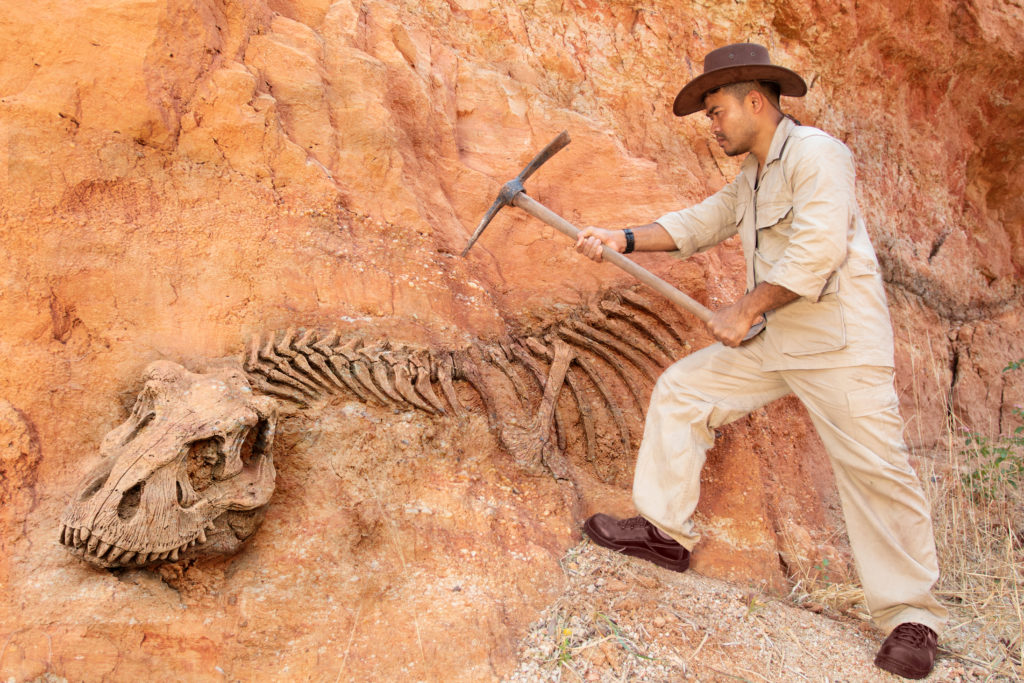What is archaeology?
Archaeology courses focus on the study of the ancient and recent human past through material remains. As an archaeologist you will study everything from ancient human and animal fossils to modern architecture and 20th century buildings. Archaeology is the analysis of the physical remains of the past in an attempt to garner a broad and comprehensive understanding of human culture and world history.
Why study Archaeology?
As an archaeologist a person will have a natural interest in all aspects of ancient civilisations. From their diets to their beliefs, the clothes and jewellery they wore, the tools and cooking pots they used, the houses they lived in and the ways they commemorated their dead.
During the study of archaeology, the learner wil research things like long term trends, evolution of humanity and the ever evolving environment. Students will also have the opportunity to conduct smaller scale work by engaging with a specific site or landscape. They will also learn about certain types of artefacts and buildings and their place in the cultural history and progression of humanity.
During the course of study, learners will be encouraged to think about broader conceptual questions. This can include ideas of national and race identity, power, and change in human societies, It can also cover topics associated with technology, trade, artistic development, gender relationships, and ideology.
If this all sounds like something that interests you, studying archeology is a great way to explore our past in our present.
What will i learn?
Courses in archaeology will provide the learner with knowledge in the following areas:
- Excavation and its practice and significance
- Research skills
- Organisational skills
- Design and execution of excavation projects
- Technical training
- Pre-excavation surveyance
- Excavation strategy
- Post excavation analysis
Archaeological courses will provide the learner with a strong foundation to develop a professional career in archaeological excavation, or enable them to find employment in areas where a critical understanding of excavation is essential.
Through undertaking an Archaeology qualification, the student will learn how to assess, explain and make connections between different types of evidence, this will enable them to gain a greater understanding about the past.
Learners will also hone their practical skills which is something that is greatly valued by employers. These skills include things like report writing, teamwork, presentation, communication and analytical skills.
What can I do with a qualification in Archaeology?
Graduates in archaeology can go on to work in some of the following areas:
- Professional archaeologists
- Museum education
- Curation
- Conservation
- Heritage research and teaching
Some of the roles that a graduate of archaeology could apply for include:
- Heritage manager
- Museum education
- Exhibitions officer
- Museum curator
- Historic buildings inspector
- Conservation officer
- Archivist
- Cartographer
- Social researcher
- Tourism officer
Graduates in archaeology often also pursue other professions ranging from education, media, advertising and civil service to business and industry. Some graduates also do conversion degrees in law or teaching after their first degree in archaeology.
There are a vast number of archaeological courses available across the country.
Find archaeology courses near you at Courses.ie












Why does your article on Archaeology courses start with a picture of a Palaeontologist? Archaeologists don’t study dinosaurs (even the article doesn’t mention dinosaurs)!!! At best this is lazy image editing and at worst it totally misrepresents an entire career path/discipline. Please change it, thanks.